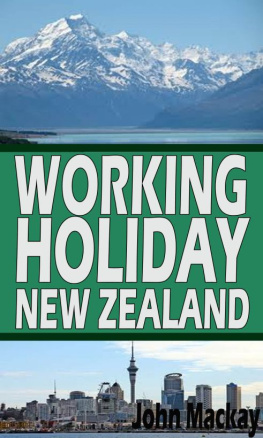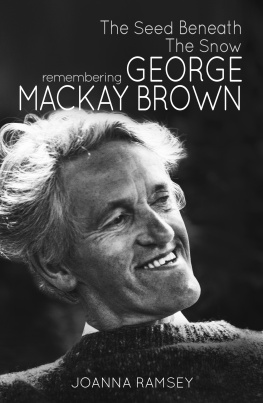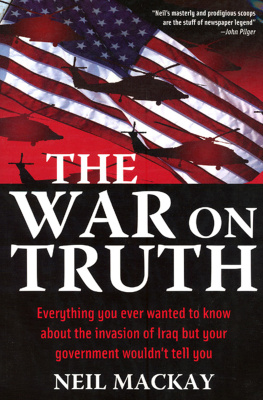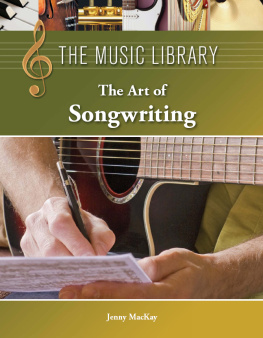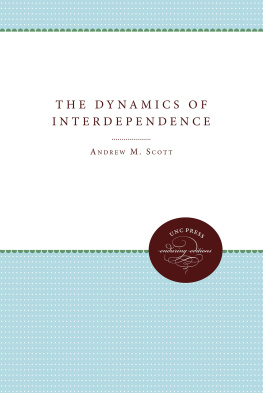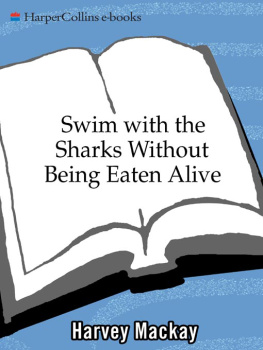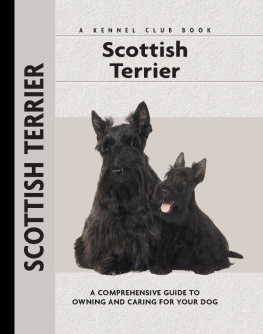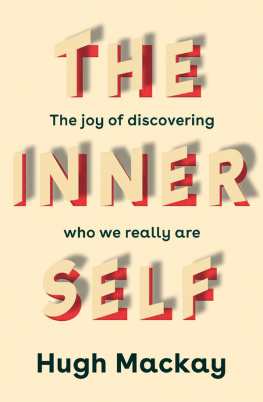George Mackay - Scottish Placenames
Here you can read online George Mackay - Scottish Placenames full text of the book (entire story) in english for free. Download pdf and epub, get meaning, cover and reviews about this ebook. City: Glasgow, year: 0, publisher: Waverley Books, genre: Detective and thriller. Description of the work, (preface) as well as reviews are available. Best literature library LitArk.com created for fans of good reading and offers a wide selection of genres:
Romance novel
Science fiction
Adventure
Detective
Science
History
Home and family
Prose
Art
Politics
Computer
Non-fiction
Religion
Business
Children
Humor
Choose a favorite category and find really read worthwhile books. Enjoy immersion in the world of imagination, feel the emotions of the characters or learn something new for yourself, make an fascinating discovery.

- Book:Scottish Placenames
- Author:
- Publisher:Waverley Books
- Genre:
- Year:0
- City:Glasgow
- Rating:4 / 5
- Favourites:Add to favourites
- Your mark:
- 80
- 1
- 2
- 3
- 4
- 5
Scottish Placenames: summary, description and annotation
We offer to read an annotation, description, summary or preface (depends on what the author of the book "Scottish Placenames" wrote himself). If you haven't found the necessary information about the book — write in the comments, we will try to find it.
Scottish Placenames — read online for free the complete book (whole text) full work
Below is the text of the book, divided by pages. System saving the place of the last page read, allows you to conveniently read the book "Scottish Placenames" online for free, without having to search again every time where you left off. Put a bookmark, and you can go to the page where you finished reading at any time.
Font size:
Interval:
Bookmark:

PLACE NAMES

This edition published 2012 by Waverley Books,
an imprint of DC Thomson Books Group Ltd,
144 Port Dundas Road, Glasgow G4 0HZ, Scotland
Text by George Mackay
Copyright 2012, DC Thomson & Co Ltd
www.dcthomson.co.uk
All rights reserved. No part of this publication may be reproduced, stored in a retrieval system, or transmitted, in any form or by any means, electronic, mechanical, photocopying, recording or otherwise without the prior permission of the copyright holder.
This ebook edition of Scottish Place Names is copyright material and must not be copied, reproduced, transferred, distributed, leased, licensed or publicly performed or used in any way except as specifically permitted in writing by the publishers, as allowed under the terms and conditions under which it was purchased or as strictly permitted by applicable copyright law. Any unauthorised distribution or use of this text may be a direct infringement of the authors and publishers rights and those responsible may be liable in law accordingly.
Book ISBN 978-1-902407-87-6
ePub format ISBN 978-1-84934-076-2
Mobi format ISBN 978-1-84934-215-5
Contents
The place names of Scotland reveal the historical presence of the three main groups of peoples who occupied the country and whose descendants still form the vast bulk of the population. These are the Celtic, Nordic and Anglo-Saxon groups. They came at different times and over a period of almost two thousand years that stretches from before the beginning of the Common or Christian Era to the 11th century. The earliest and most numerous of these groups were speakers of a Celtic language or languages of the same group that modern Breton and Welsh belong to and referred to in this dictionary as Brythonic. The first of the many generations of incoming Celts did not find an empty land; the country was already inhabited but we know virtually nothing of the languages of the people who lived in Scotland between the Ice Age and the coming of the Celts. A few of the place names we still use, especially river names, may be theirs. A number of place names have been ascribed to the Picts, a people who may have preserved elements of a pre-Celtic language just as they may have formed or absorbed a pre-Celtic population. The likelihood of this is still a subject of research and debate.
It is clear, however, that the present toponymy (landscape-naming) began with the Celts. The earliest recorded Celtic names from the 1st century are from Brythonic. From the 6th century, with the arrival of the Scots in Argyll, Gaelic names begin to appear. Gaelic became the dominant language and the majority of Scottish place names are Gaelic (referred to as Scottish Gaelic to distinguish it from the similar Irish Gaelic). From the 7th century onwards, in the Borders and Lothian, Anglian names appear, given by the Old English speakers moving in from the south. Their language, with many contributions from Gaelic, French and Dutch, went on to become the Scots tongue of the Middle Ages and later. The advent of the Norsemen in the 9th century, and their political control of the North, the Northern and the Western Isles, produced many Norse names in those parts of the country and indeed elsewhere, notably the south-west.
The study of place names, apart from its own interest, provides valuable support to others areas of scholarship, particularly certain aspects of history. Investigation of the history of a place name can sometimes show the sequence of people who lived there and when they came. The form of the name can establish the period at which it was given.
Many names thought of as typically, and quaintly, Scots are in fact Gaelic names, meaningless in the Scots language and only yielding up their identity when the original Gaelic form is established. Thus Auchenshuggle, long thought of as an appropriate-sounding destination for Glasgows tramcars, is simply a Scots version of the Gaelic for rye-field. Names of Gaelic and pre-Gaelic origin are found in areas where Scots or English has been the standard speech for hundreds of years. They show us how far the tide of Gaelic has receded. It should be emphasised that this was a linguistic, not a population, change. Over successive generations, political, economic, and cultural changes, hardly noticeable except over the course of a lifetime, established Scots as the majority language, just as Gaelic had once been. Place names, however, were not (on the whole) renewed or translated; they were merely scotticised and their meanings gradually forgotten except in areas where Gaelic remained a living language.
The Gaels, as with most earlier peoples, were both precise and prosaic when it came to applying names to places, hence the many red hills and boggy places that are found. In a country whose population was mostly illiterate, precision in place-naming was important: the name was the chief means of identifying and describing a locality. Many names show their significance in land-use, of which Arrochar, Pittendreich and Pennyghael are three examples. But clear as all names must once have been, they are by no means all clear in their meaning today. Gaelic in Scotland formed a number of dialects and the same word did not always have the same meaning in all of them. Words fell out of use or acquired new or additional meanings but the place name incorporating the old or forgotten form did not change. The etymology of place names is not a straightforward business and the serious student of Scottish toponymy, apart from Gaelic and Scots, needs to have an acquaintance with the Norwegian and Danish forms of Old Norse, with the Anglian form of Old English, with Medieval Latin, Norman French, Middle Low German and Frisian, as well as a knowledge of the structures and hypothetical sounds of the extinct Indo-European languages that predate the Celtic and Germanic languages. There are still many Scottish place names whose origin and meaning have not been established or on which scholars disagree. The pioneering 20th-century researchers, like Alexander MacBain and William Watson, had the advantage of being brought up as Gaelic speakers and of being able to consult native Gaelic speakers in areas like Perthshire and mainland Argyll, where few now remain. Theirs is the foundation on which the School of Scottish Studies builds in its work of compiling a record of all known Scottish place names and their meanings.
This dictionary presents the names of virtually all of Scotlands settlements from villages upwards, as well as the names of its topographical features such as rivers, mountains, lochs and islands.
AberbrothockseeArbroath.
Abercairney (Perth & Kinross) Confluence by the thicket or cairns. Aber (Brythonic-Pictish) confluence or river mouth; cardden (Brythonic) thicket; with - ach (Scottish Gaelic suffix) indicating place; or alternatively cirneach (Scottish Gaelic) place of cairns or rough rocks.
Aberchirder (Aberdeenshire) Mouth of the dark water. Aber (Brythonic-Pictish) confluence or river mouth; chiar (Scottish Gaelic) dark; dobhar (Brythonic-Gaelic) waters.
Aberdeen Mouth of the River Don. Aber (Brythonic-Pictish) confluence or river mouth; the second element seems to suggest the River Dee, which flows into the North Sea at the centre of modern Aberdeen, but the name was recorded as Aberdon in the early 12th century and at that time referred to the original settlement now known as Old Aberdeen, situated immediately to the north at the mouth of the River Don, close to the Cathedral of St Machar. By the 13th century, the current name form, probably a conflation of the two, was emerging as Aberdoen in 1178 and Aberden in 1214.
Font size:
Interval:
Bookmark:
Similar books «Scottish Placenames»
Look at similar books to Scottish Placenames. We have selected literature similar in name and meaning in the hope of providing readers with more options to find new, interesting, not yet read works.
Discussion, reviews of the book Scottish Placenames and just readers' own opinions. Leave your comments, write what you think about the work, its meaning or the main characters. Specify what exactly you liked and what you didn't like, and why you think so.


